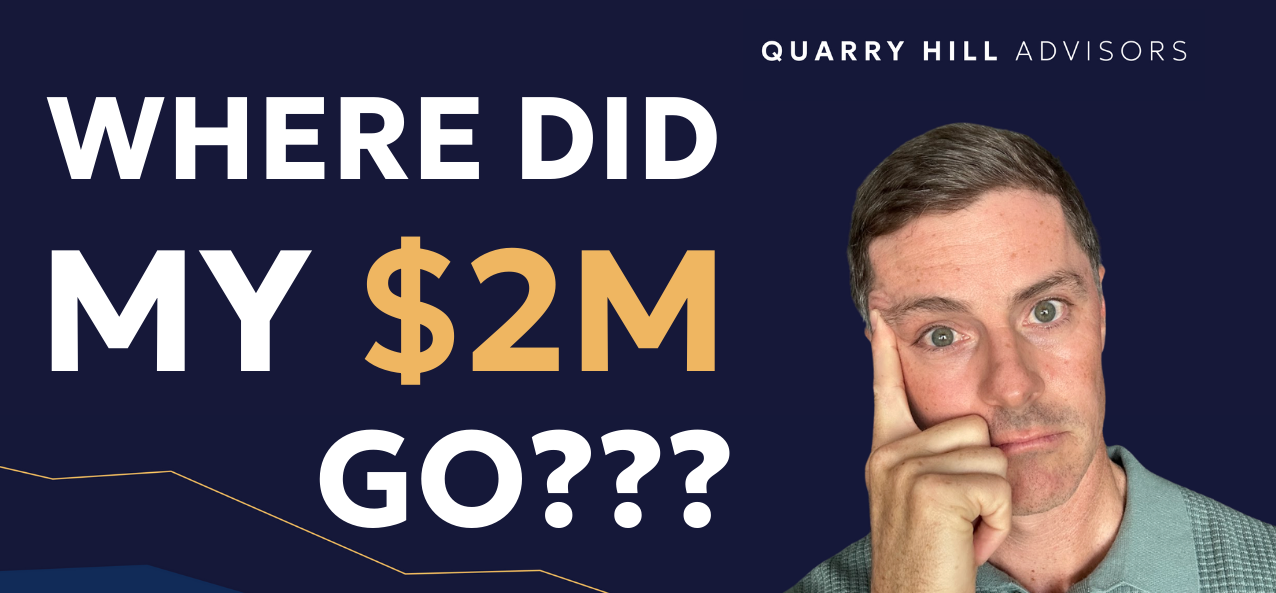

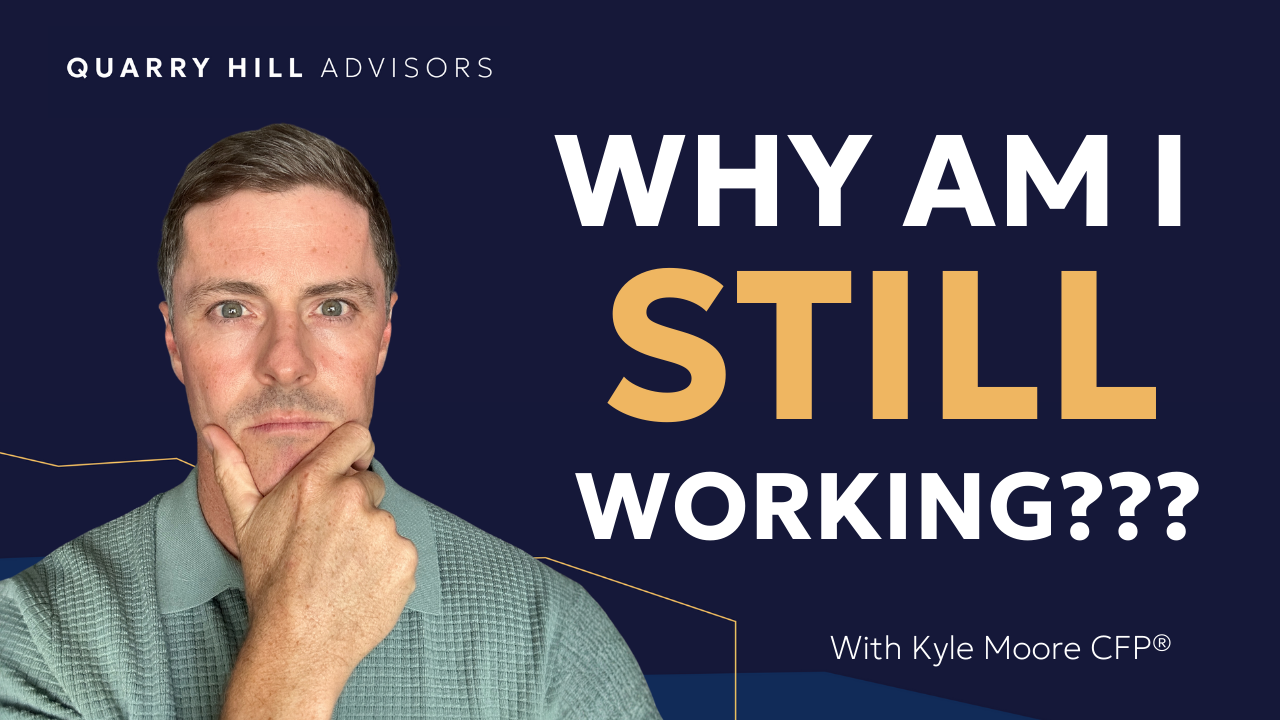

Wise Money: Love & Money (A Valentine's Day Special)
Quote to Ponder "The goal in marriage is not to think alike, but to think together." — Robert C. Dodds Recommended ...
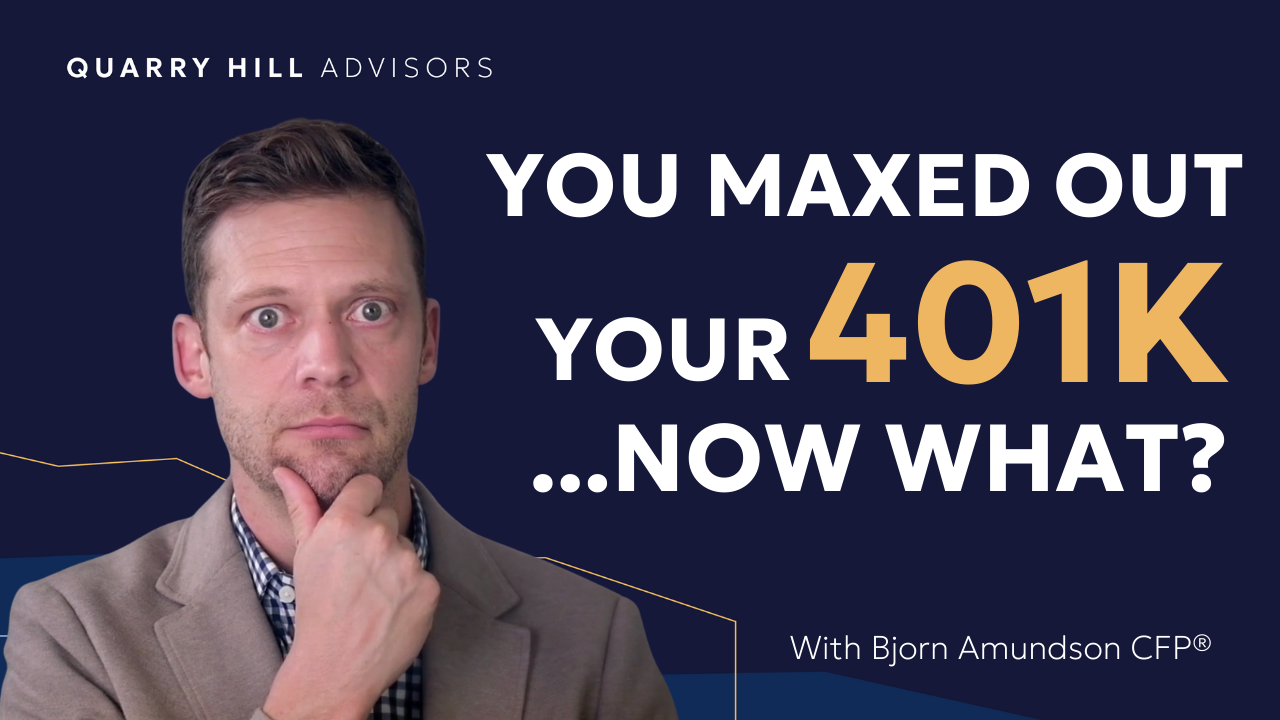
.png)
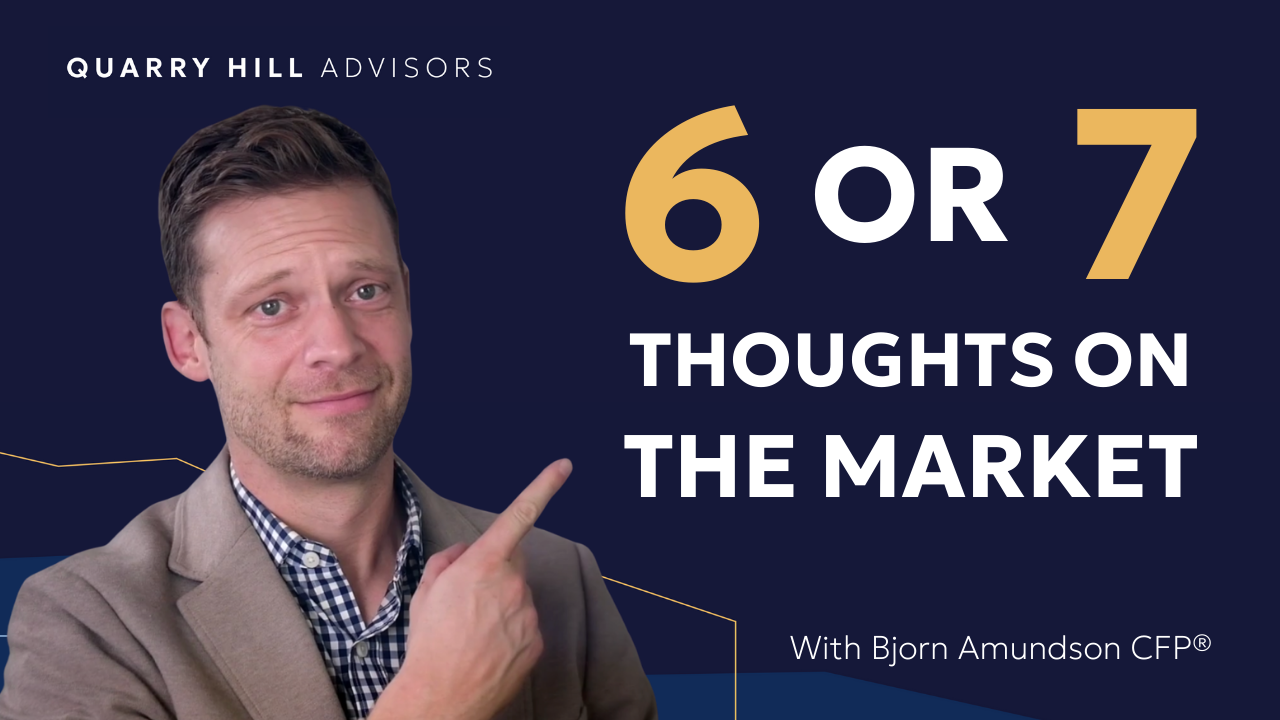
Q1 2026 Investment Letter: Six or Seven Thoughts on the Market
A note from Bjorn amundson, CFP®, RICP®, AIF® I’m writing this at the start of 2026, and if I’m being honest, I’m doing ...

Wise Money: The Pursuit Matters More Than the Prize
Quote to Ponder "Success is really doing what you love and doing it well." — Warren Buffett Recommended Links The Best ...
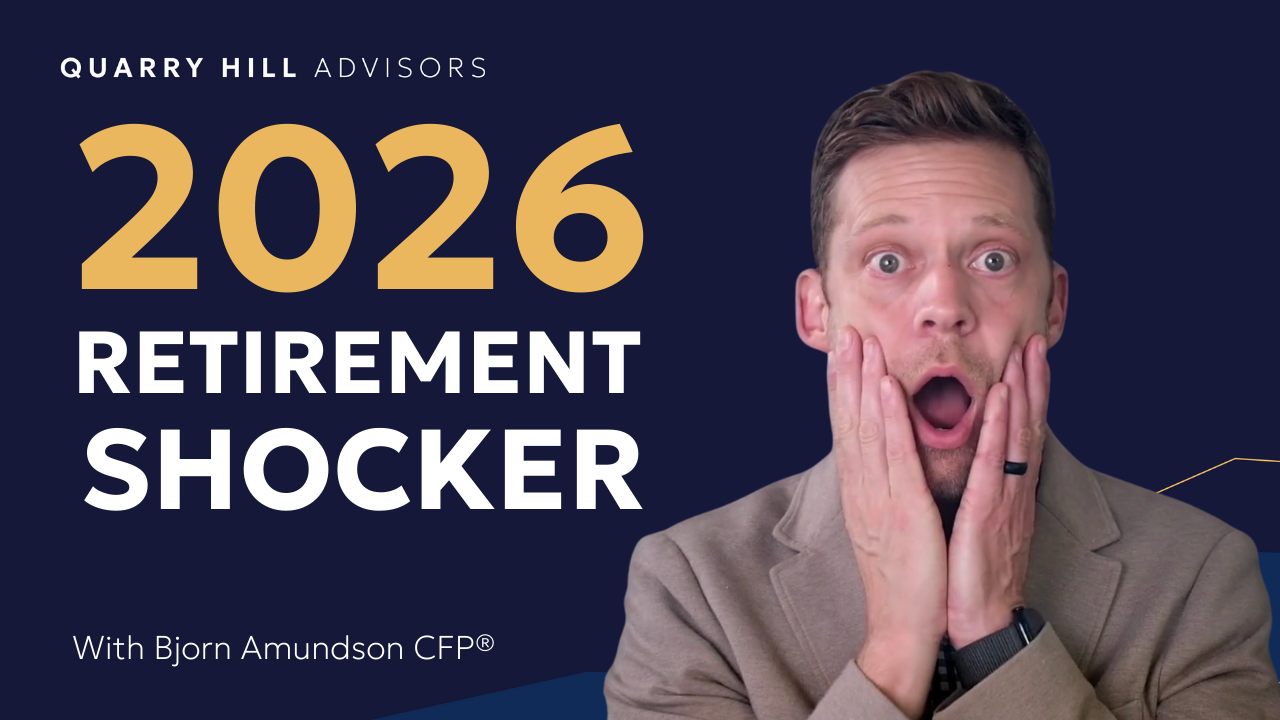

Wise Money: Our Best Investments Under $500
Quote to Ponder "If you buy things you do not need, soon you will have to sell things you need." — Warren Buffett ...
